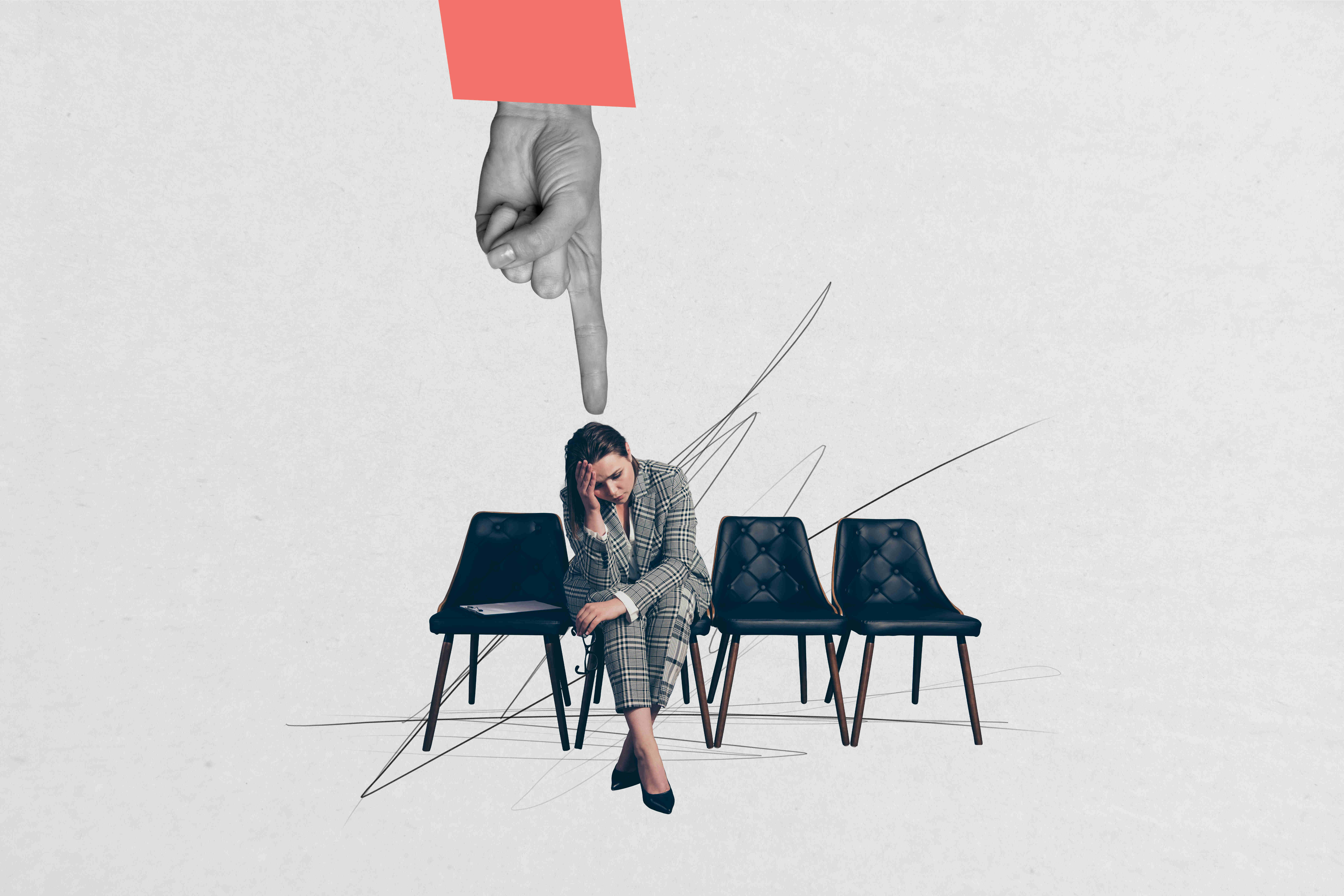The phrase “mock questioning” is often synonymous with a defense attorney playing both coach and cross-examiner. While this works, there’s a more effective, yet underused approach that pushes witness performance further – alternative questioner witness preparation.
This strategy involves introducing a second attorney, often a colleague or associate, to play the role of opposing counsel during the mock deposition phase. It mimics the real adversarial environment of a deposition and provides crucial psychological conditioning. When executed correctly, it elevates both witness readiness and defense strategy.
When should you bring in an alternate attorney for mock questioning?
Bring in an alternate attorney for mock questioning when the witness has demonstrated basic mastery of cognitive, emotional, and behavioral control and is ready to be challenged in a more realistic setting. This typically occurs after the initial education and strategy phases of witness training are complete, making the alternate questioner a high-impact tool for final-stage conditioning.
Why Standard Witness Preparation Falls Short
Defense teams often jump straight into case strategy and reviewing documents, plotting responses, and mapping themes. But when a witness falls apart in deposition, it’s rarely because they didn’t “know the case.” It’s because they weren’t psychologically ready.
A successful witness isn’t just coached on what to say; they’re trained on how their brain behaves under stress. There is a stark difference between witness preparation and training. Attorneys must first build the psychological foundation for cognition, emotion, and behavior. Only then can they layer in a case-specific strategy. If they skip the first step, everything else collapses when pressure hits.
The Role of Cognitive Training
Untrained witnesses tend to explain, defend, or assign blame, even when it hurts the case. They answer quickly to avoid awkward silence and over-defend because they feel personally attacked. These reactions are instinctive, but they’re counterproductive in deposition.
Attorneys must help witnesses retrain their instincts to slow down, resist elaboration, and stay emotionally neutral under pressure. This behavior is unnatural and requires deliberate training to make it stick.
Where Alternative Questioner Witness Preparation Comes In
Once the psychological foundation is in place and the strategy is set, the next phase is simulation. This is where alternative questioner witness preparation adds strategic value. Instead of having the same attorney lead coaching and mock questioning, a second attorney simulates opposing counsel and replicates real deposition pressure.
This pressured approach isn’t necessary in every case. As Dr. Bill Kanasky, Jr. explained on Episode #244 of The Litigation Psychology Podcast, roughly 20% of witness trainings call for it. But when utilized, it delivers high-impact conditioning. A new questioner introduces a new stimulus. The unfamiliar dynamic heightens stress and better prepares the witness for the discomfort of an actual adversarial setting.
A colleague can also mirror the plaintiff attorney’s tactics, especially if they’re known to be combative, sarcastic, or manipulative. With someone else questioning, defense counsel can focus on observing witness behavior and practicing real-time objections—another underused but valuable preparation tactic.
Simulate the Adversary’s Style
Not all plaintiff attorneys are equal. Some are combative. Some are slick and manipulative. Others rely on traps and ambiguity. If you know your opposing counsel’s personality and history, mirror it in the mock session. This is a form of systematic desensitization, where the brain is trained to stay calm under pressure through repeated exposure to challenging stimuli. Over time, the witness doesn’t just remember what to say; they learn to stay composed when tested.
Using Operant Conditioning During Mock Questioning
Whether you play the cross-examiner or use an alternative questioner, your feedback model matters. The rule is to correct the bad and reward the good, immediately. Witness preparation too often focuses on punishing bad answers with criticism. Reinforcing good behavior is equally critical.
Reward good responses by calling them out. Say things like, “Perfect length. Direct and confident. Keep that tone.” Or, “That was a tough question, and you stayed cool. Great job.” These reinforcements support the three pillars of witness behavior: cognition, emotion, and behavior.
Disruption Training and Simulating Objections
Real depositions aren’t smooth. They’re full of interruptions, objections, disputes, and attorney posturing. Yet, many mock sessions are conducted, like scripted Q&As. This is a mistake.
Whether you or a colleague is questioning, someone should simulate defense objections. Practice how those interruptions affect witness pacing. Allow the witness to learn how to stop, restart, and continue without spiraling. Let an associate practice the objections. It’s valuable training for them and realism for the witness.
What If Your Associate Isn’t a Great Questioner?
That’s fine! Don’t throw out the whole exercise. Let your associate take a first pass at questioning. Then you can take over with more nuanced questions while they practice objections. This allows both the associate and the witness to grow. Don’t prepare your witness for a mild deposition if facing a tough questioner. Make sure the witness experiences at least one session of high-pressure simulation before deposition or trial testimony.
Use Booster Sessions to Keep Witnesses Ready
Witness readiness isn’t static. If there’s a long delay between the preparation and the deposition, expect some cognitive decay. Booster sessions help with that. Defense attorneys must schedule a brief review session a week before the deposition. And remember to hold a 60–90 minute refresher the day before, especially if video will be involved.
These sessions aren’t retraining. They’re reinforcement. They reactivate the witness’s psychological foundation and help remind them to maintain composure under pressure. If the deposition is postponed again, initiate a maintenance plan: periodic short reviews and a re-engagement period before the new date.
A Three-Phase Approach Technique
Alternative questioner witness preparation is not mandatory but a clear upgrade. The returns can be significant if your client allows the extra time or budget. Just implement the three-phase approach.
1 – Psychological foundation
Set the psychological foundation and focus on retraining the witness’s instinctive cognitive, emotional, and behavioral responses. By addressing how the brain reacts under stress, witnesses can learn to slow down, regulate emotion, and respond with control and clarity during questioning.
2 – Strategy development
With the psychological groundwork in place, this step introduces the case-specific elements: key documents, anticipated lines of questioning, and planned responses. The goal is to align the witness’s testimony with the broader defense narrative, while avoiding common traps and staying disciplined under pressure.
3 – Mock questioning
Put training into action through realistic simulations. Ideally, a different attorney or associate assumes the role of opposing counsel to increase pressure, test the witness’s adaptability, and build true deposition readiness.
Witness Training with Courtroom Sciences
A good witness survives the deposition. A great witness neutralizes it. Alternative questioner preparation helps you prepare for the latter. Executed effectively, it reduces the risk of emotional or cognitive breakdowns under pressure. For high-stakes cases, it’s a difference worth investing in.
Courtroom Sciences helps attorneys efficiently navigate litigation by providing psychological expertise, science-backed data, and expert support for all phases of litigation. Learn how CSI’s litigation consulting experts can improve outcomes for your next case.
Speak with one of our experts to get started.
Be confident in achieving superior litigation outcomes. CSI has the expertise, track record, and capabilities to help you win.



